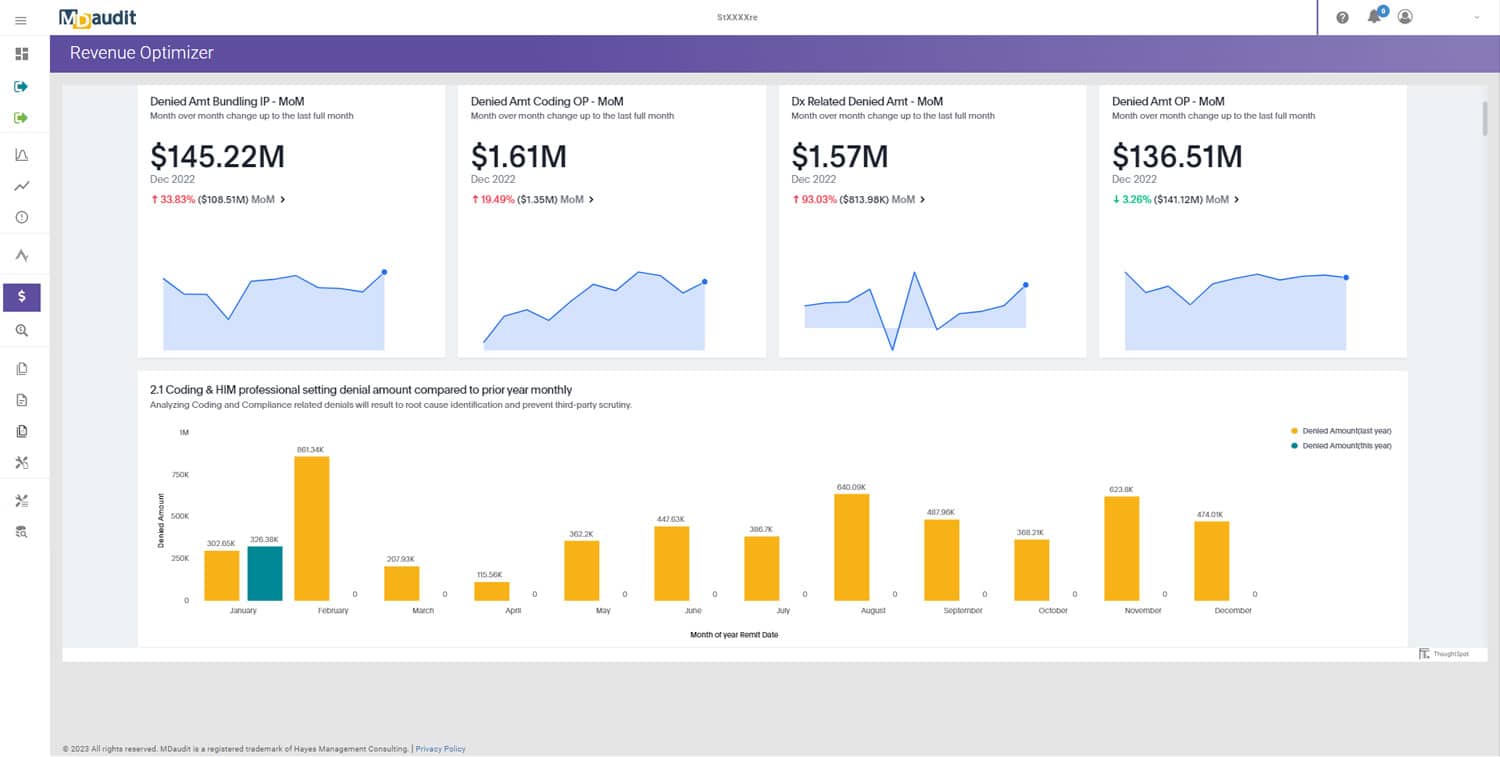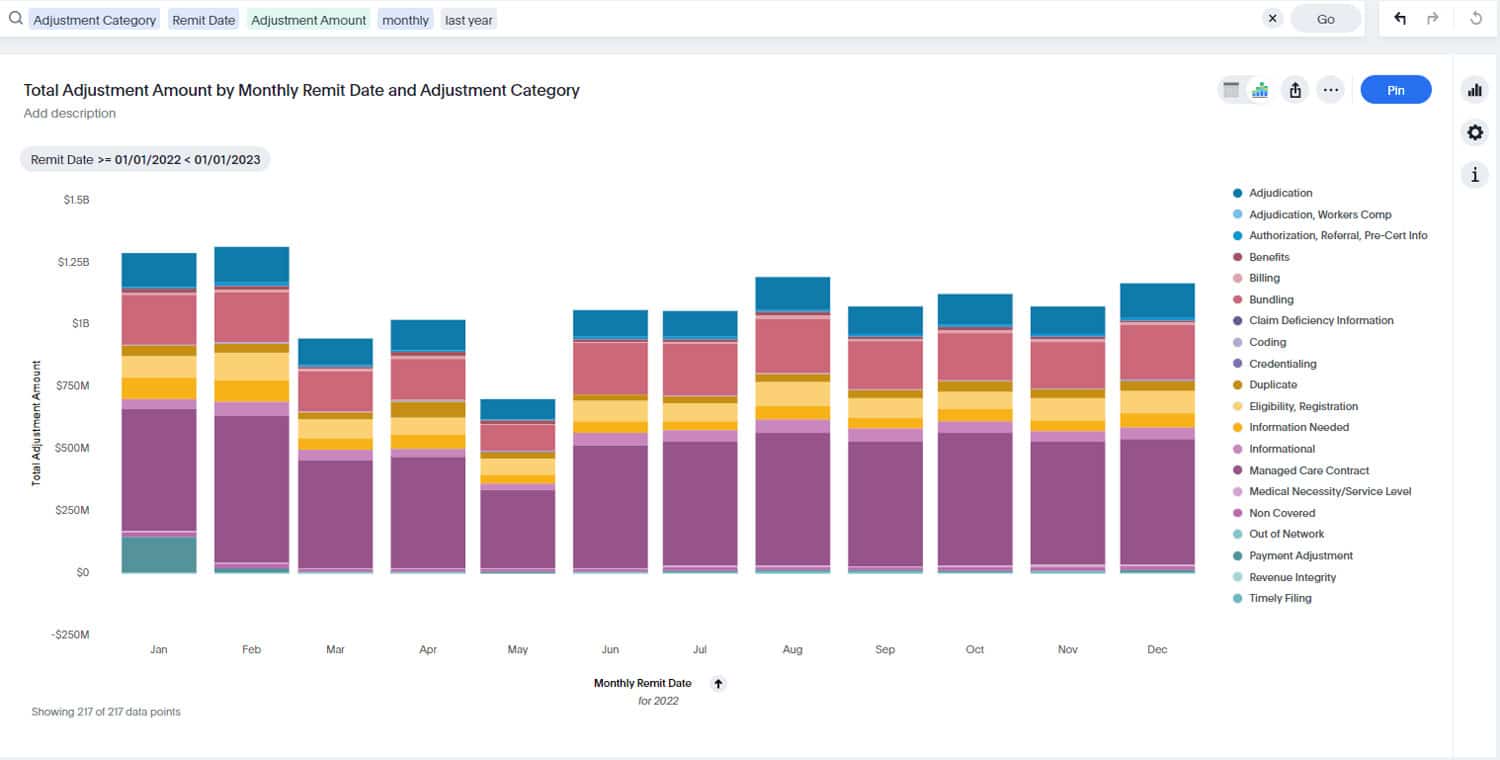Denials in healthcare billing can be a formidable challenge, often requiring a blend of expertise, technology, and strategic planning to navigate effectively. Mastering denial management workflows is essential for HIM/Coding professionals, who play a crucial role in ensuring billing compliance, revenue integrity, and patient care.
Understanding Denial Management
Denial management encompasses the processes and strategies used by healthcare organizations to address claim denials from payors. Denials can arise due to various reasons, such as coding errors, lack of documentation, eligibility issues, and non-covered services. Managing these denials efficiently is vital for maintaining revenue streams, optimizing reimbursement, and enhancing overall financial health.
Here are five tips for navigating complex denial management workflows.
Tip #1: Conduct a Comprehensive Root Cause Analysis
One of the first steps in effective denial management is conducting a thorough root cause analysis (RCA) for each denial. HIM/Coding professionals should delve deep into the denial reasons provided by payors, review medical records and coding documentation, and identify the underlying causes. This analysis helps in addressing systemic issues, implementing corrective actions, and preventing future denials.
Tip #2: Leverage Technology for Data Analytics
In today’s digital age, healthcare SaaS platforms offer powerful tools for data analytics and denial management. Utilize these technologies to track denial trends, identify patterns, and generate actionable insights. By leveraging data analytics, HIM/Coding professionals can prioritize denial categories, focus on high-impact areas, and streamline their workflows for maximum efficiency.
Tip #3: Enhance Documentation and Coding Practices
Accurate and detailed documentation is the cornerstone of successful denial management. Encourage collaboration between clinicians, coders, and billing teams to ensure comprehensive documentation that supports medical necessity and coding accuracy. Conduct regular training sessions on coding guidelines, documentation requirements, and payor-specific rules to improve overall compliance and reduce denials.
Tip #4: Implement Robust Appeals Strategies
Developing robust appeals strategies is essential for challenging unjustified denials and maximizing reimbursement. Create standardized appeal templates, adhere to appeal timelines, and provide supporting evidence such as medical records, coding guidelines, and payor policies. Track appeal outcomes, analyze denial overturn rates, and continuously refine your strategies based on feedback and results.
Tip #5: Foster Cross-Functional Collaboration
Effective denial management requires seamless collaboration across various departments, including HIM/Coding, revenue cycle management, clinical operations, and compliance. Foster a culture of collaboration, communication, and knowledge sharing to align efforts towards common goals. Regular interdisciplinary meetings, case reviews, and performance feedback sessions can significantly enhance teamwork and productivity.
Navigating complex denial management workflows requires a strategic approach, continuous learning, and the right blend of technology and expertise. By conducting thorough root cause analysis, leveraging data analytics, enhancing documentation and coding practices, implementing robust appeals strategies, and fostering cross-functional collaboration, HIM/Coding professionals can drive meaningful outcomes, expand patient care, and deliver healthy bottom lines for their healthcare organizations.
At MDaudit, we understand the challenges faced by healthcare professionals in denial management and offer innovative solutions to optimize billing compliance, coding, and revenue integrity.








